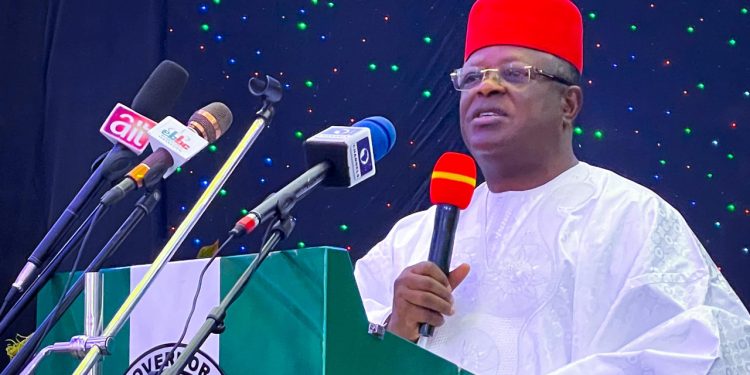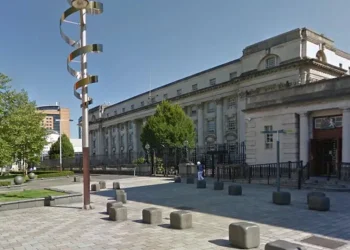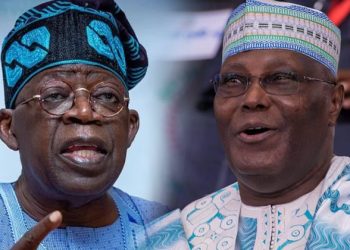The recently concluded local government election conducted by the administration of Governor David Umahi in Ebonyi State was declared invalid on Thursday by a Federal High Court sitting in Abakaliki, the state’s capital.
The court ruled that July 30, 2022, local government election violated the Electoral Act’s mandates.
In a lawsuit with case number FHC/AI/CS/151/2022, the presiding judge, Justice Rilman Fatun, declared that the election was undemocratic, illegal, and cloaked in secrecy.
The annulment is coming few days to the swearing in of the newly elected local council chairmen in Ebonyi State.
Clariform recalls that Jossy Eze, the Chairman of the EBSIEC had previously proclaimed the All Progressives Congress candidates winners of all of the chairmanship and councillorship seats in the July 30, 2022 Ebonyi local government elections.
The Peoples Democratic Party (PDP) contested the results of the election, alleging, among other things, that the electoral commission and the Ebonyi State Government had violated Section 150 of the Electoral Act 2022.
Speaking to reporters in Abakaliki, the Plaintiff’s attorney, Mudi Erhenedi, praised the Federal High Court for upholding justice in the state of Ebonyi.
In his words, “It is undemocratic and unlawful to conduct an election into the local government areas or council without availing the plaintiffs with the exact law that is meant to regulate the exercise.”
He continued, “There are a lot of other issues with non-compliance with the Electoral Act 2022. The Electoral Act 2022 said the procedures for conducting elections in the local government areas by state commissioners must comply with that procedure for conducting into area councils in the FCT.”
“If you look at it, how do you access compliance without law if you hide the law with which you want to conduct the election is it not when you make the law public that we will know whether you complied with it or not, how can you be making laws and hiding them.”
“My position now is that my clients demanded to be availed of this law, we came under the freedom of information act it intending the procedure to conduct elections, we wrote to EBSIEC, we wrote the House of Assembly, we wrote to INEC whose responsibilities all of these bodies refused to provide us with the law.”
However, attempts to contact the government’s attorney, Roy Nweze, for a response to the court’s decision at the time this report was filed were futile because he was not returning calls.












